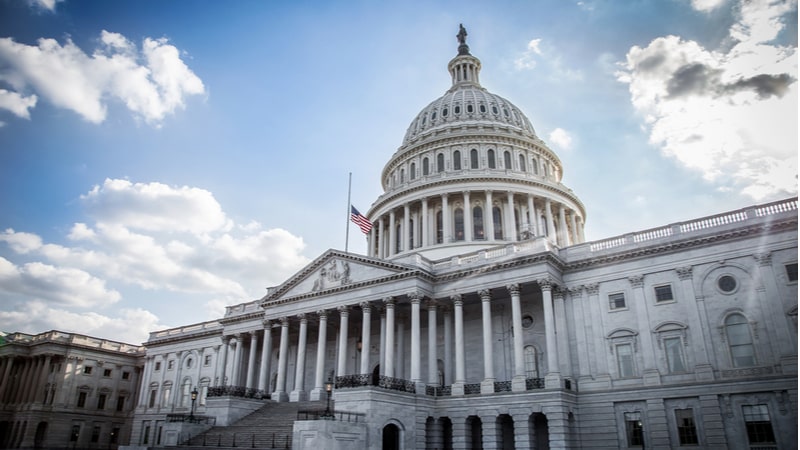
Sen. Gary Peters, D-Mich., has introduced legislation that would prevent Federal agencies from disqualifying job applicants solely because of their reported recreational or medical use of marijuana.
Sen. Peters, who chairs the Senate Homeland Security and Governmental Affairs Committee, introduced the Dismantling Outdated Obstacles and Barriers to Individual Employment Act (DOOBIE Act) on July 11.
The senator said the measure would align Federal statutes with current Office of Personnel Management (OPM) and Office of the Director of National Intelligence (ODNI) guidance that says past marijuana use alone shouldn’t disqualify candidates.
Despite the evolution of OPM and ODNI policy, Federal laws now on the books may result in qualified candidates being denied Federal employment or security clearances due to past marijuana use.
“Many potential applicants remain hesitant to pursue federal positions due to a fear of automatic disqualification,” the senator’s office said.
Current law prohibits admitted marijuana users from Federal employment and security clearances as it
It remains a Federal crime to consume and possess marijuana. However, 24 states and the District of Columbia have legalized medical and recreational marijuana, and another 14 states permit medical use.
“As we work to build a highly skilled federal workforce, it’s crucial that the federal government modernizes its hiring practices to reflect evolving laws and societal norms,” said Sen. Peters in a July 17 release.
“By providing this much-needed clarity for agencies and applicants, we will ensure that the federal government can recruit and retain the best and brightest to serve our nation,” the senator said.
The legislation would “broaden the applicant pool by providing clarity for prospective federal employees, and help the government compete with the private sector for talent,” according to the press release.
The DOOBIE Act follows the Biden Administration’s proposal in May to change marijuana from a Schedule I drug to a Schedule III drug where it is listed alongside heroin and cocaine. The Drug Enforcement Administration is currently soliciting public comment on the proposal.
